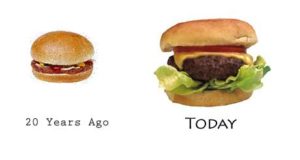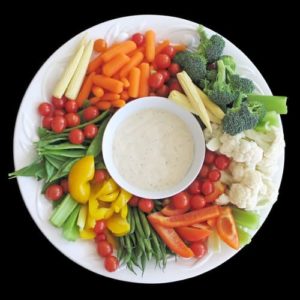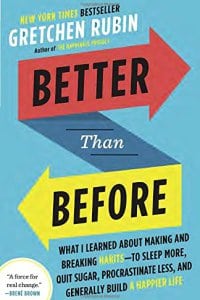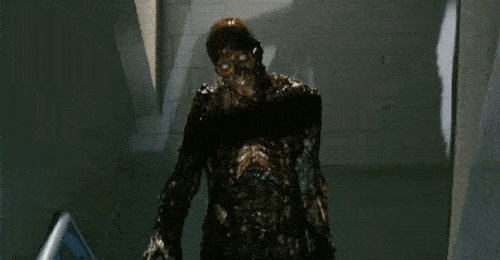 What would it take to change your eating habits for the better (and for good)?
What would it take to change your eating habits for the better (and for good)?
Maybe less than you think!
In this one-hour class, you’ll learn a simple approach that will help you gently reshape your eating habits and upgrade your nutrition, starting exactly where you are right now.
No judgment. No breast-beating. No forbidden foods.
Cost: $20
Includes:
- Immediate access to the 45-minute introductory video. (Watch at your convenience, as many times as you like.)
- Downloadable handouts and other program materials.
- Access to a private forum for ongoing connection and support.
What this Isn’t
This is not a detox program (although you will probably eat cleaner)
This is not a weight loss program (although you may lose weight)
You won’t have to log everything you eat (unless you want to).
This isn’t an all-or-nothing challenge that you white-knuckle it through for 30 days in exchange for bragging rights (I went 30 days without sugar!) or a split of the pot (I lost 5% of my body weight in 4 weeks!). If that’s what you’re looking for, you might want to check out the Whole Life Challenge or Diet Bet.
I don’t have anything against those sorts of games. But, we both know you can do just about anything for 30 days. And then what? As motivating as these games are in the short-term, they rarely lead to sustainable change. And that’s what I’m all about.

What This Is
The 30-Day Easy Way Nutrition Upgrade is a simple–but powerful–program that runs quietly in the background, subtly reshaping your habits. You’ll learn the whole system in the webinar but here are the broad strokes:
Every day for 30 days, you’ll answer 10 yes-or-no questions about what you ate that day and get instant feedback on how your choices are adding up and how you can easily upgrade your nutrition. It takes about two minutes a day and can be effortlessly incorporated in to any daily routine.
And because it’s so simple (and kinda fun), most people simply keep on going when the 30 days is over, and continue to reap the benefits of their improved eating habits.
Here’s what some recent participants said:
“This is the opposite of a diet. It’s more like playing a game—and I end up eating better.”
“Two weeks in and I am loving the upgrade! Thanks, Monica, for the guilt-free, pain-free plan.”
“I can’t tell you how much this program has done for me! Best $20 I have spent in a long time!”
“I’m only on Day 5 but I am loving this tool. I love how simple it is and the daily feedback keeps me motivated.”
“I’m loving the program! Feeling great and so psyched to be making sustainable changes rather than embarking on yet another intense, radical, short-term overhaul that ends up fizzling out.”
Will You Join Us?

I could keep going on about why I’m so excited about this. But I really don’t think I can say any better than this recent participant:
“Good nutrition isn’t about perfection; it’s about finding a balance between healthy habits and things you might eat simply for pleasure. Setting unrealistic goals or pushing yourself too hard will backfire sooner or later.”
What she said!
If any of that resonates with you, this program is for you. (In fact, it’s my most popular and successful program.)
Cost: $20
Includes:
- Immediate access to the 45-minute introductory video. (Watch at your convenience, as many times as you like.)
- Downloadable handouts and other program materials.
- Access to a private forum for ongoing connection and support.

 A new analysis of diet and exercise data from thousands of people across several decades has come to a shocking conclusion.
A new analysis of diet and exercise data from thousands of people across several decades has come to a shocking conclusion.






